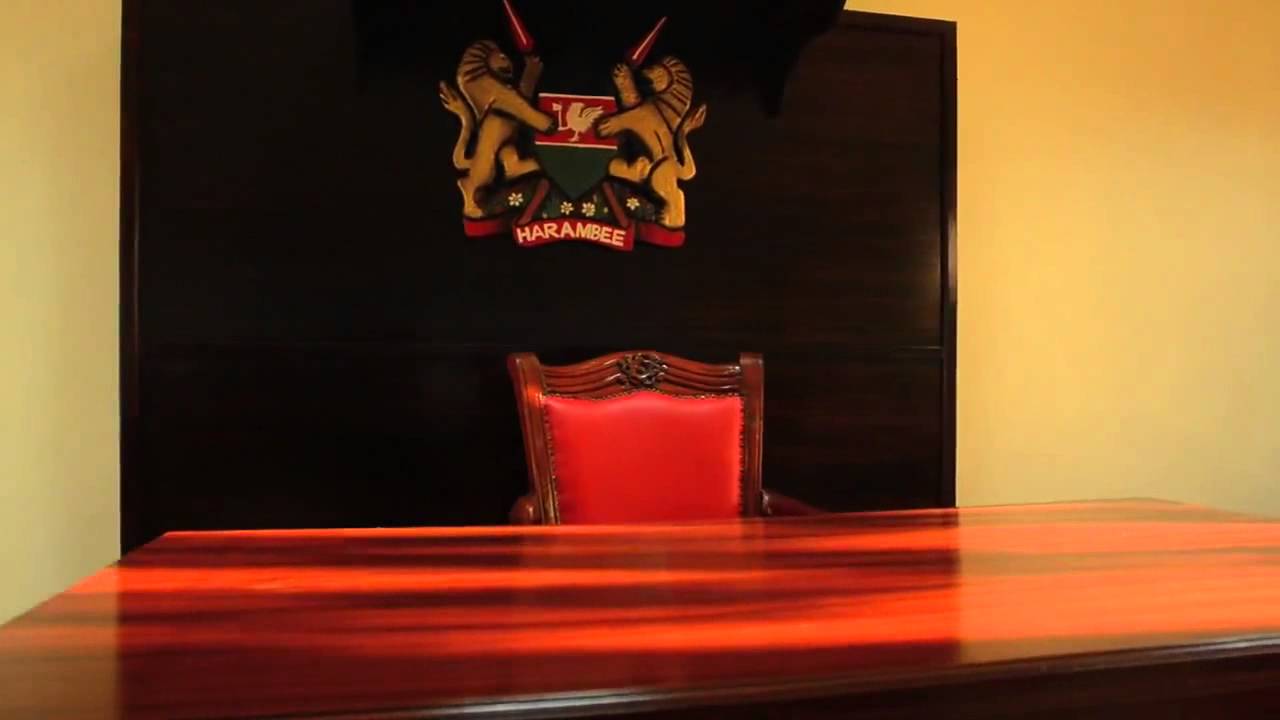
Advocate Herman Owiti speaks to RLS students on mooting
Moot court competitions form an integral part of legal training at RLS. Through them, students sharpen their writing and oral advocacy skills, which inevitably prepare them for the practice of law. On 12th July, 2017, RLS was privileged to host Mr. Herman Owiti, an Advocate of the High Court of Kenya, who spoke to students on the subject of mooting. The event was attended by students, RLS faculty, Ms. Florence Shako, Ms. Caroline Lichuma, Mr. Victor Lando and RLS Dean, Prof. Sylvia Kang’ara.
Mr. Owiti started the session with a brief introduction on what mooting entails and shared his past mooting experiences. He noted that the skills he acquired through mooting have been very useful for him as a legal practitioner and more particularly, in litigation.
He further discussed the different types of moots that exist while giving the examples of the All Kenyan Moot Court competition and the ICRC Moot Court Competition, convened locally by Kenyatta University and the International Committee of the Red Cross, respectively. He also gave examples of international moot court competitions including Phillip C. Jessup moot, the All African Moot Court, among others. What was clear from all the examples was that, by mooting, students stand a chance to network and gain new ideas and skills.
Mr. Owiti observed that through mooting, students could hone their advocacy, research, writing and legal reasoning skills. Moot problems usually raise legal issues which may either be new issues or live issues that have already been solved by courts. In solving them, students come up with solutions that may be beneficial, not only to the students themselves but also to the society at large. For this reason, investors sponsor some moot court competitions.
In preparing for moot courts, participants should point out the legal issues raised by the set of facts and applying the relevant laws, come up with a coherent and substantive conclusion from the law. Students should always take note on the rules governing the moot since each moot has its own rules. While applying the rules, there is need to research and prepare written submissions, also known as memorials. These memorials are graded together with the oral submissions, leading to an aggregate grade. For this reason, students were urged to take both oral and written memorials seriously.
Mr. Owiti also discussed related issues such as dress code and presentation and noted that it is important for participants in a moot to dress in a professional manner. He noted that similar rules apply to advocates in Kenya, giving the example of the Court of Appeal before which Advocates are supposed to be in a robe.
Lastly, students were given an opportunity to ask questions on the subject, all of which were clarified. It was a very engaging session. Students who had participated in both local and international moot court competitions shared their experiences and lessons were drawn from this for example, that participation in moots give students exposure to other types of cultures, that preparation is an essential part of mooting, among others. The career talk ended at 1730hrs with closing remarks from the Dean, Prof. Sylvia Kang’ara and a vote of thanks from RLS faculty, Ms. Florence Shako.




